
Trump targeting allies doesn’t excuse the EU’s imposing new tariffs that taxpayers will have to bear, rather than addressing European protectionism.

Doubling down on sanctions that haven’t worked until now is unlikely to deliver different results in the future.
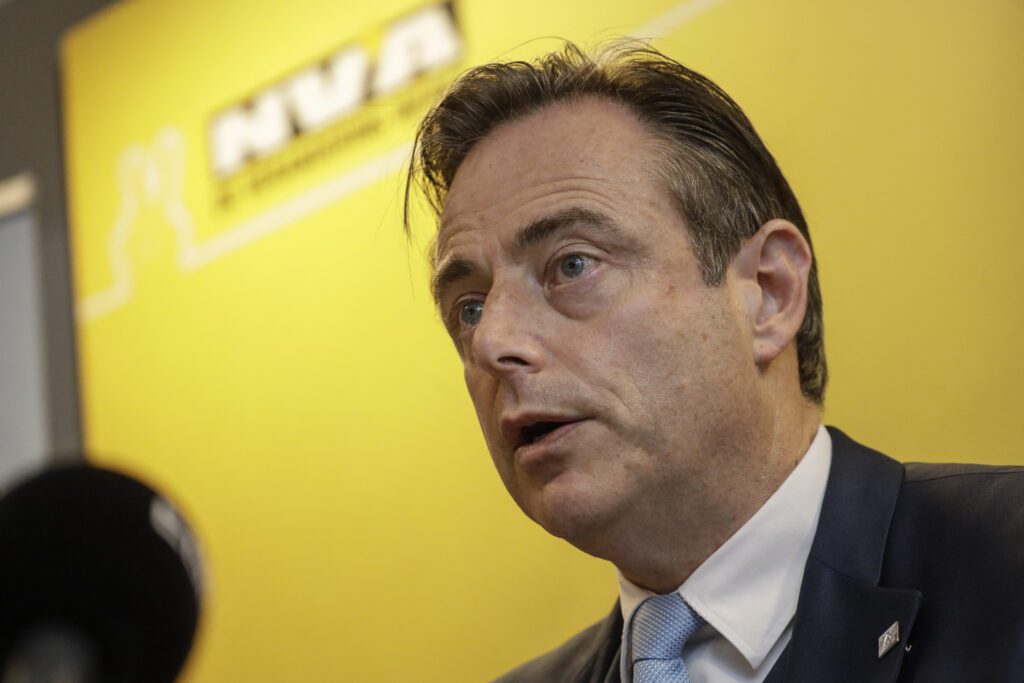
Consolidated federal finances and tighter immigration policies take priority over Flemish self-government for the ideologically diverse coalition.

Rather than worrying about what Trump might do, the EU should question its own ‘green’ policies that raise prices and alienate trade partners.
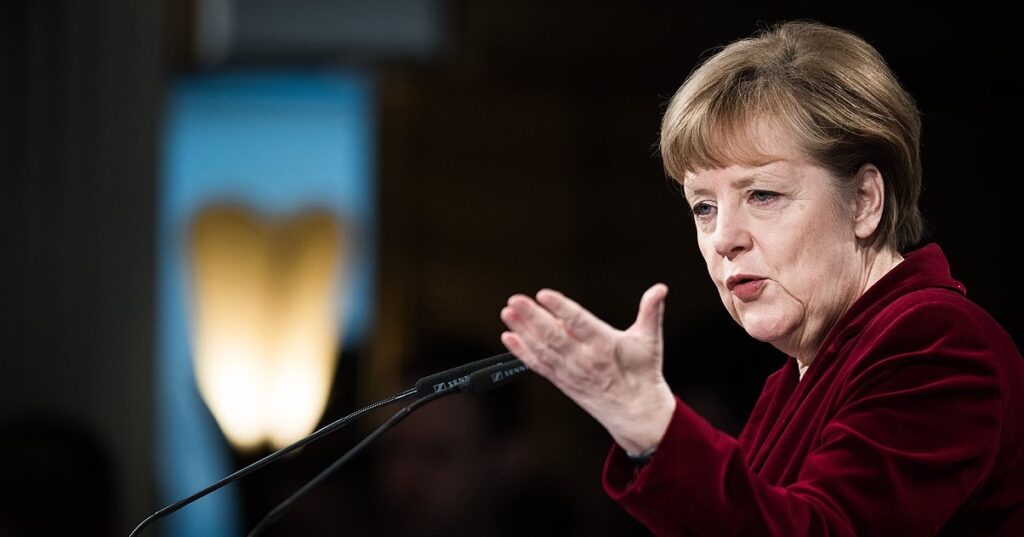
“I am now 70 years old, 35 years in the East, 35 years in politics, apparently two lives … and the second half cannot be understood without the first.”
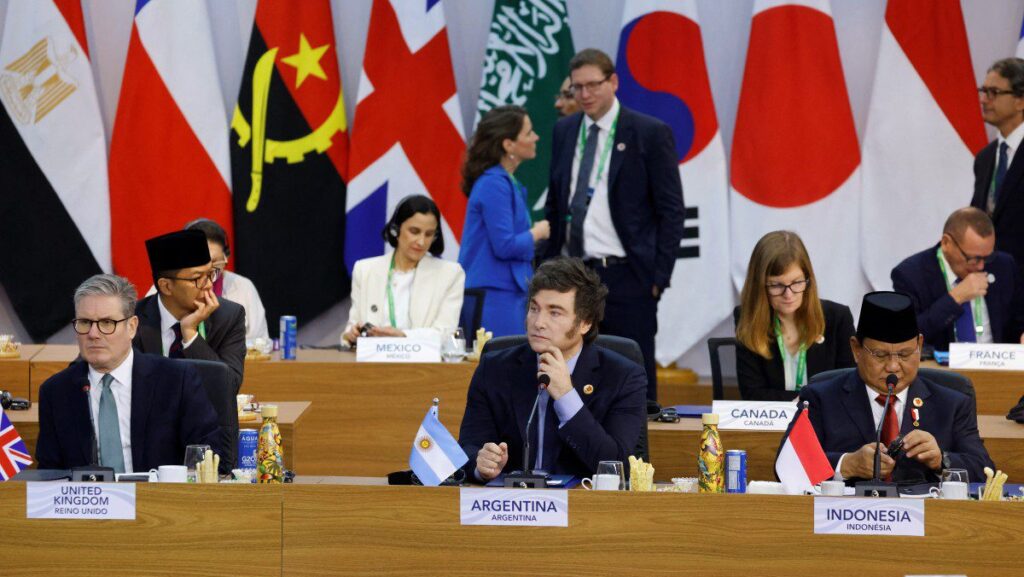
The international community is governed by imposition, not symmetrical and autonomous cooperation, says Argentina’s president.

Teresa Ribera will need to clarify to what extent the Commission should be outlawing mergers between companies.
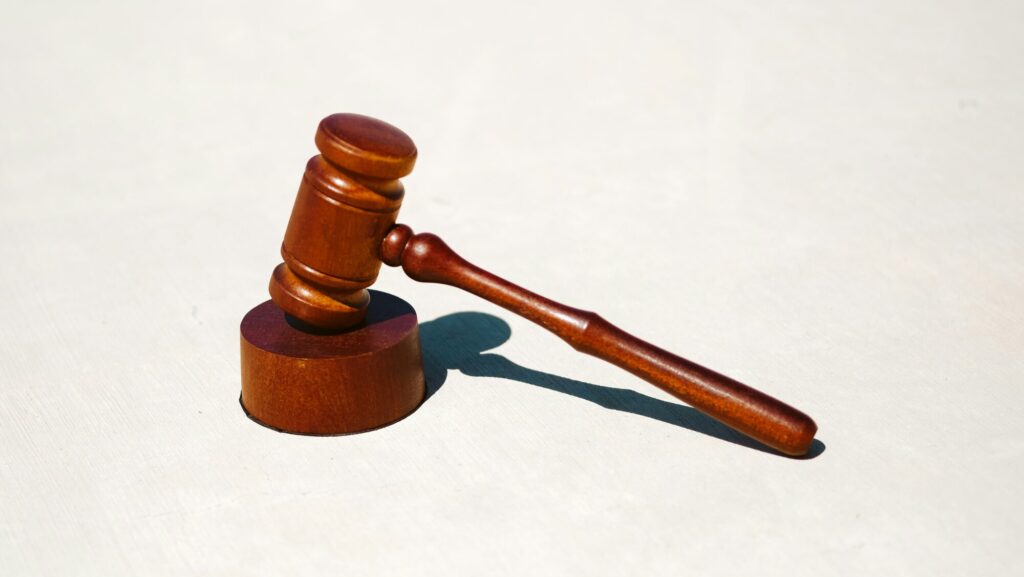
The EU should consider whether an increasingly hostile stance towards international arbitration is wise.
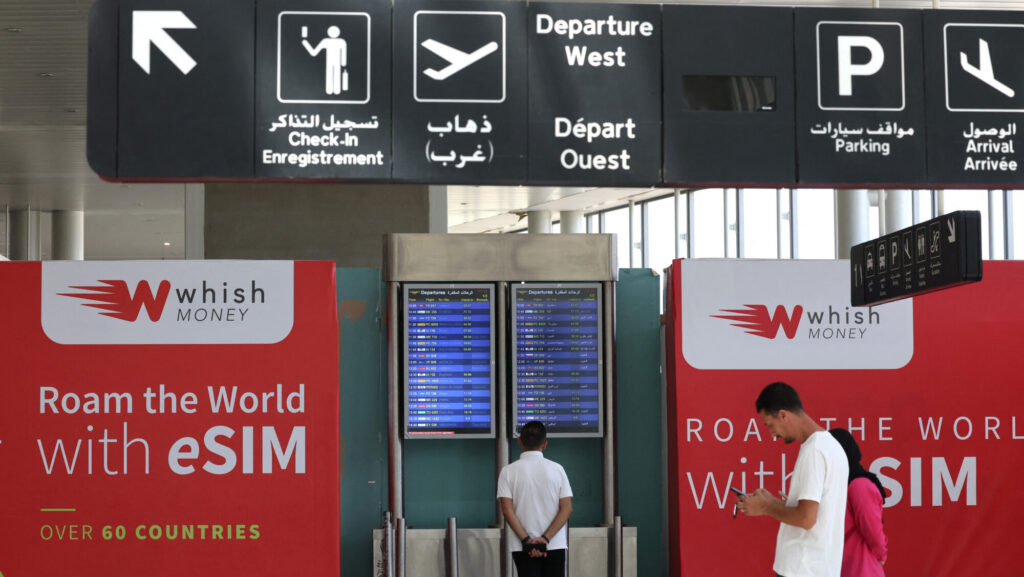
Europe can deter terrorism by encouraging Lebanon to ensure that its airport is used for civilian—not military—purposes
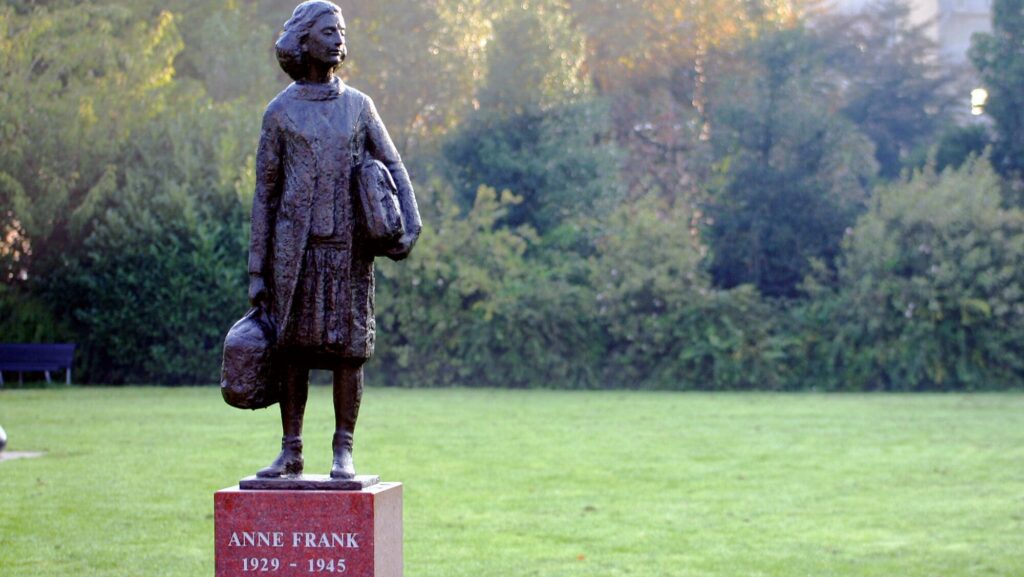
Progessives looked the other way as antisemitism became a feature, not a bug, in their ideology.
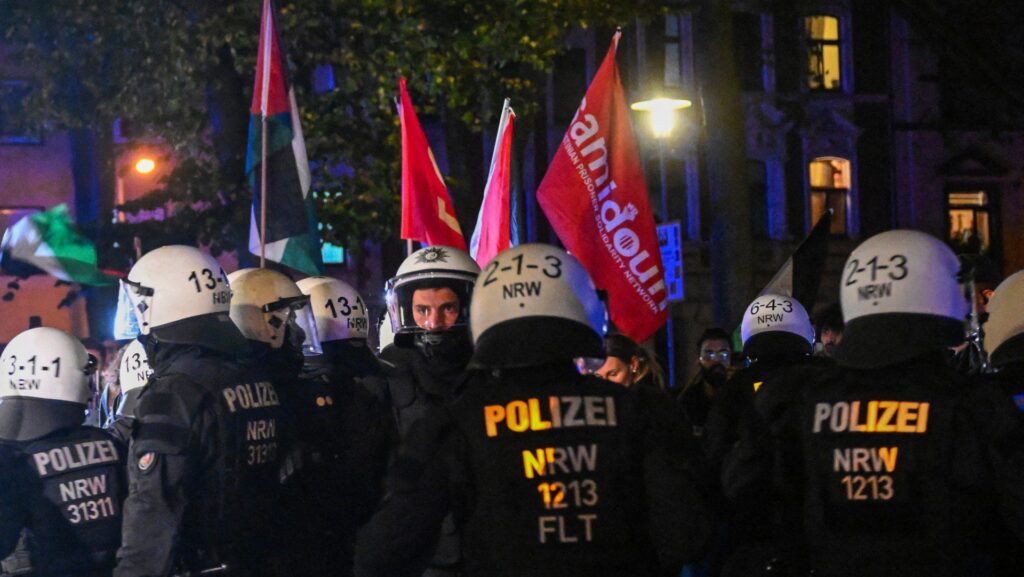
Leftist NGOs and media outlets have allied with Samidoun, a pro-Palestinian group that is outlawed in Germany.
European countries cannot do without defence provided by the United States.